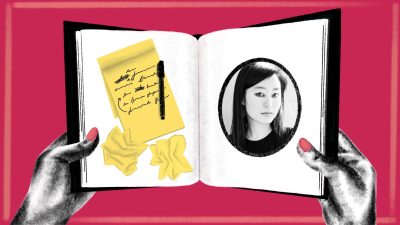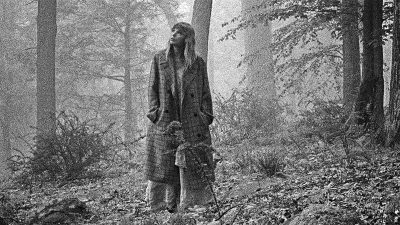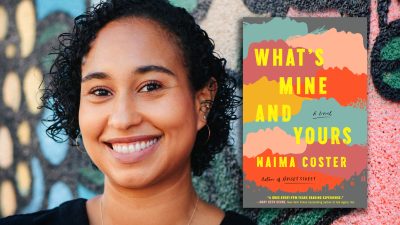On Writing
Is Everything Really Copy? Let’s Talk About Memoir and Reality TV
Nora Ephron said, “Everything is copy.” But in a memoir, much like in reality TV, art cannot represent life exactly. People are characters, snapshots of their “real” selves.
Making Peace With My Writing Career One Walk at a Time
With every step, I realized I didn’t have to be juggling All The Things to be a worthwhile member of society. I just needed to exist.
Pivoting to Screenwriting in My Forties Because I’ve Never Been More Confident
Even on my worst day as a writer, I’m closer to the creative life I dreamed of at eighteen than ever before.
How Writing My Young Adult Novel Helped Me Reclaim the Queer Girlhood I Lost
The years I suppressed my queerness are a loss that I’m exploring and grieving—if only through fiction.
Promoting My Book with Postpartum Depression
I previously had no concept of what it was like to be a victim of your troubled mind.
Keep Writing, Just Keep Writing
As a way to cope with rejection, I often repeated to myself: Focus on the work rather than the results.
A Case Against Killing Your Darlings
I want any novel I write to be full of darlings. If possible, all darlings.
Writing Myself Back Into My Body and Into the World
We have the right to imagine what is possible beyond the systems that try to destroy us. Black and queer writers have long imagined worlds beyond this one.
Does Your Revision Process Need More Taylor Swift?
For all her various contrived public personas and her possibly manufactured cult following, Taylor Swift is a modern day poet.
Let It Be Strange: A Conversation with Naima Coster, Author of ‘What’s Mine and Yours’
“The book is not straightforward, but it is expansive, and I don’t think the only way to make a story cohere is chronology.”










